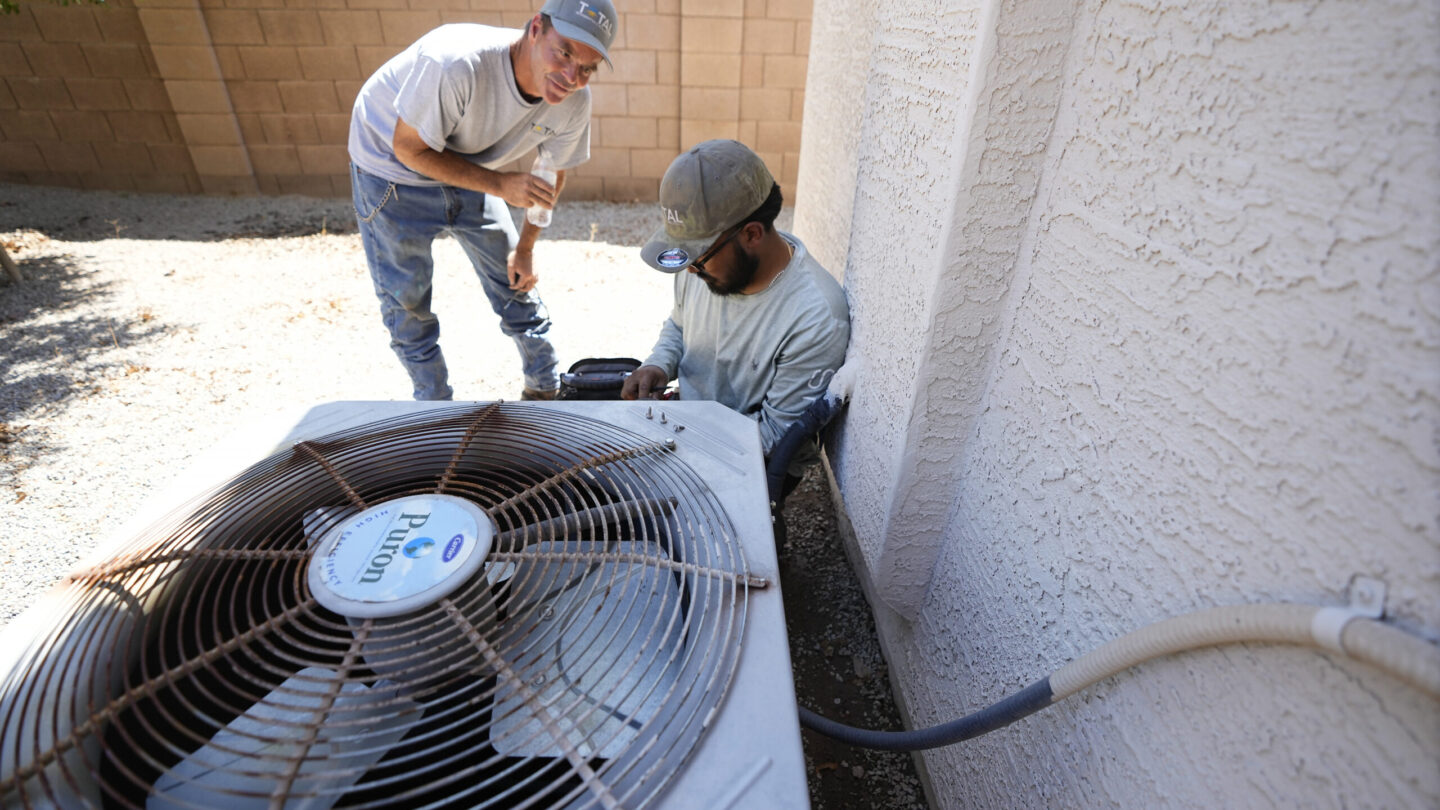Arizona is known for its stunning landscapes, rich cultural heritage, and of course, its scorching hot summers. With temperatures soaring well above 100 degrees Fahrenheit, the need for air conditioning (AC) becomes not just a luxury but a necessity for survival. In this article, we’ll explore just how crucial AC is in combating the intense Arizona heat.
Understanding Arizona’s Climate
Before diving into the significance of AC, it’s essential to grasp the climate of Arizona, particularly during the summer months. Arizona experiences a desert climate, characterized by extremely hot summers and mild winters. Cities like Phoenix, Tucson, and Scottsdale often see temperatures exceeding 110 degrees Fahrenheit during peak summer days. The combination of high temperatures and low humidity levels creates a harsh environment that can be unbearable without proper cooling systems in place.
Health Implications
The extreme heat in Arizona poses significant health risks, especially to vulnerable populations such as the elderly, children, and individuals with certain medical conditions. Prolonged exposure to high temperatures without adequate cooling can lead to heat-related illnesses like heat exhaustion and heatstroke. These conditions can be life-threatening if not promptly treated.
Air conditioning plays a crucial role in mitigating these health risks by providing a cool and comfortable indoor environment. It helps regulate body temperature, reduces dehydration, and prevents heat-related ailments. For vulnerable individuals, access to air conditioning can be a literal lifesaver during Arizona’s blistering summers.
Maintaining Indoor Comfort
Apart from the health benefits, AC ensures indoor comfort and improves overall quality of life. In Arizona, where outdoor activities can be limited during the hottest hours of the day, having a cool home or workspace allows residents to remain productive and engaged. It also provides a sanctuary from the oppressive heat, allowing for better sleep and relaxation.
Furthermore, AC helps protect indoor furnishings and electronics from heat damage. Extreme temperatures can warp wooden furniture, fade fabrics, and even cause electronic devices to malfunction. By maintaining a controlled indoor climate, air conditioning extends the lifespan of belongings and reduces the need for costly repairs or replacements.
Economic Considerations
While the upfront cost of installing and maintaining an air conditioning system may seem significant, it can lead to long-term cost savings. In Arizona, where energy costs can rise during peak summer months, efficient AC units help reduce electricity bills by operating more effectively. Modern AC systems also come with energy-saving features such as programmable thermostats and eco-friendly refrigerants, further lowering utility expenses.
Moreover, the economic impact of AC extends beyond individual households. Businesses, schools, healthcare facilities, and other institutions rely on air conditioning to create comfortable environments for employees, students, patients, and customers. A conducive indoor climate contributes to productivity, customer satisfaction, and overall well-being, ultimately benefiting the economy.
Environmental Considerations
While AC provides essential comfort and safety benefits, it’s crucial to consider its environmental impact. Traditional air conditioning systems can be energy-intensive and contribute to greenhouse gas emissions, exacerbating climate change. However, advancements in HVAC technology have led to more energy-efficient and environmentally friendly options.
For instance, high-efficiency air conditioners with SEER (Seasonal Energy Efficiency Ratio) ratings consume less energy while delivering optimal cooling performance. Additionally, the adoption of renewable energy sources such as solar power for running AC systems can further reduce carbon footprints. Proper maintenance and regular servicing of AC units also improve efficiency and longevity, reducing environmental impact.
Conclusion
In conclusion, air conditioning is not just a convenience but a vital necessity in Arizona’s extreme heat. It protects health, ensures indoor comfort, saves energy costs, and contributes to a better quality of life. As climate change continues to influence weather patterns, the role of AC in mitigating heat-related challenges will become even more crucial. Balancing the benefits of cooling with environmental sustainability remains a key focus for individuals, businesses, and policymakers alike.




